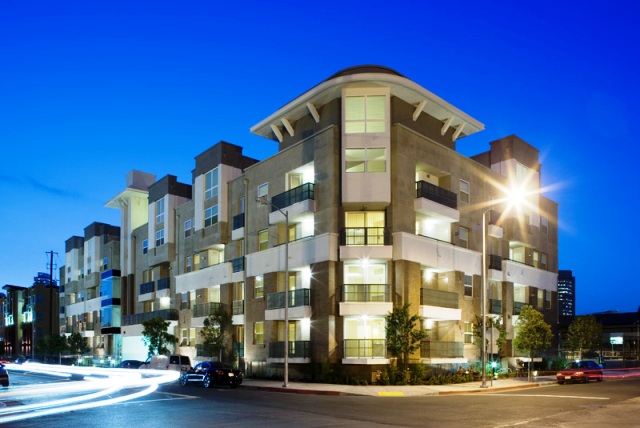A cooperative, or “coop,” is a corporation that possesses a building. As a “coop proprietor,” you possess stock in the corporation, and exclusive rights to involve a predefined unit in the building. Your number of shares is based upon the time of the unit, the stature in the building, and at times, different civilities, for example, presentation or perspective. Your month to month “support” installments depend on the rate of your shares to the aggregate number of shares held in the building, mutually of which have been pre-decided at the time the building originally changed over to coop. For the most part, the quantity of shares never shows signs of change unless units are consolidated or sub-partitioned. Your month to month support installment really covers your offer of three unique sorts of costs: First, the fundamental working expenses or upkeep of the building, for example, warmth, water, power and gas for the basic zones, pay rates for the administrator, doormen, administration and upkeep staff, obligation and other protection for the building. Second, land charges are evaluated by the city on the whole building, and once more, you pay your offer. At long last, there is normally a coop mortgage on the building itself, exchanged to the coop corporation from the original proprietor of the building, or much of the time, a renegotiate or value credit taken out by the coop for restoration and capital enhancements.

As a rule, coops originated as rental structures, where the landlord decided to incorporate and offer shares in order to diminish his/her overhead despite settled leases and rising fuel and other working expenses. Transformation must be endorsed by the neighborhood rent adjustment authority, which secures existing balanced out occupants’ rights. A change may be a “remove” or a “non-expel” plan, which figures out what rate of the inhabitants must consent to buy in order for the building to change over. For example, a landlord may win the privilege to change over with a lower rate of inhabitants consenting to purchase on the off chance that he consents to submit to a “non-expel” statement for those occupants deciding to proceed as leaseholders. An ousting arrangement would normally require a significant majority of the building consenting to purchase. Once the transformation happens, the landlord gets to be known as the “sponsor” of the coop, and more often than not holds the privilege to discard his/her staying unsold units without coop Board endorsement.
To buy offers in a community, every purchaser takes out an “offer credit” in lieu of a mortgage. These credits work much like mortgages or cooperative housing loans. Notwithstanding the advance installments, which are made to the loan specialist, center occupants are in charge of paying an ace rata offer of the expenses of running and keeping up the building. These expenses are by and large paid to the association by means of a month to month charge and are charged on an at-expense premise. Costs rise when the expense of merchandise and administrations go up.
Centers are regularly less costly than condo in light of the fact that they work on an at-expense premise, gathering cash from inhabitants to pay extraordinary bills. In territories where the typical cost for basic items is high, for example, New York City, centers may be an appealing choice from a money related point of view. Notwithstanding the money related part of community possession, there is additionally a social viewpoint that must be considered. Littler centers are run entirely by the inhabitants, with everybody contributing to deal with obligations, for example, support, finishing and setting principles. Huge units may be keep running by a top managerial staff comprising of a subset of inhabitants. In either case, there are tenets to be taken after and a sure level of social collaboration that happens. On the off chance that you don’t care for sharing choice making authority, community living may not speak to you.The Hutton Group can help with all their condo conversion needs, coop refinancing and more.




